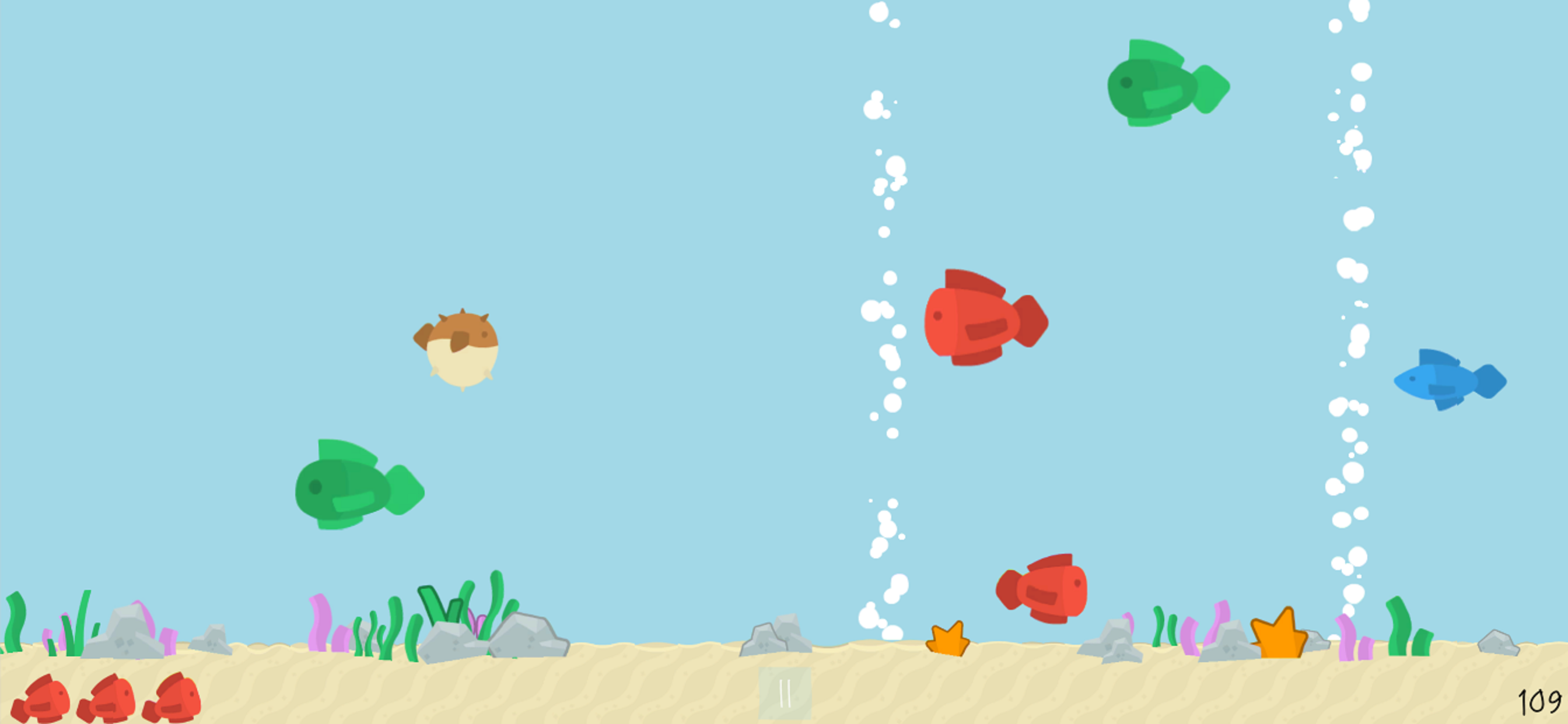
Screenshot of the last pet -project Everyone treats the
term pet -project in their own way, I myself explain it as follows: development is different from work.
There are also plenty of classifications for pet projects. I have defined the following for myself:
- short-term / long-term
- commercial / non-commercial
I think there is no need for comments here, apart from one thing - by short-term I mean those projects that take 1-2 evenings or weekends, but no more.
It is clear that these two classifications can and should be combined with each other: short-term & commercial , long-term & non-commercial , etc.
In my life, I have come across all of the listed types of pet projects. Basically, these are just the same short-term & non - commercial - as the easiest in terms of implementation and time spent. As a rule, these are projects aimed at studying a particular module, technology, approach, algorithm, etc. Everything is simple here: did it quickly, quickly rejoiced... Can be used on a combat project to solve real problems. In general, everything is the same, for which I love hackathons (we must finally get together and write an article about hackathons).
But, of course, there were also long-term projects (I already wrote a post about one of them ) and with them I have big problems, namely with motivation. In addition to the fact that you are not completely sure that the project will pay off (if we are talking about commerce, of course), the project itself turns into a routine second job: all the same tasks, backlog, priorities, etc. I don’t know about others, but it puts a lot of pressure on me. Although I personally have met people who make their pet-projects alone for 6 years, I either abandoned my long-term projects right away, or did not even start doing, knowing how it would end. The exception to the rule for me is projects in a cooperative with someone: it’s more interesting and the process goes faster, and the responsibility does not appear only to oneself.
The problem was posed: how to start and not abandon the development of a long-term non-commercial pet project alone?
In my case, 2 things helped me, which 2 comrades advised me:
In short, the recommended book is this autobiography of a nuclear physicist, telling about how to approach solving everyday problems analytically, using science (suddenly, it turned out that this book is recommended by teachers in many technical specialties and that it is widely heard by everyone). I was most impressed by the chapter "The 7% amendment", after reading which I immediately had a desire to do something.
Spontaneous planning, like a pet- project, is also defined by everyone in different ways, for myself I described it as follows: "do what you like"... Those. with this approach, I saved the backlog, but got rid of the prioritization of tasks: the mood today is to implement an extension for the editor, and not to cut the main game mechanics - please, there is no strength to strain your brains - you can start preparing icons for release for various screens, insomnia - go figure out how roll the latest Xcode onto an 8-year-old MacBook , and clean it up, etc.
It is clear that I did not discover America and this approach can hardly be used at work (although I heard somewhere that Valve once did this), but as part of a long-term single non-commercial pet project - why not?
These 2 cases helped me a lot: I released a product that I made alone for 3 months. Yes, not too long, but a start has been made and I'm not going to stop yet.
I hope my story will be useful to someone, help and motivate them to create their own pet- project.
Share your stories and methods that helped you get the ball rolling.